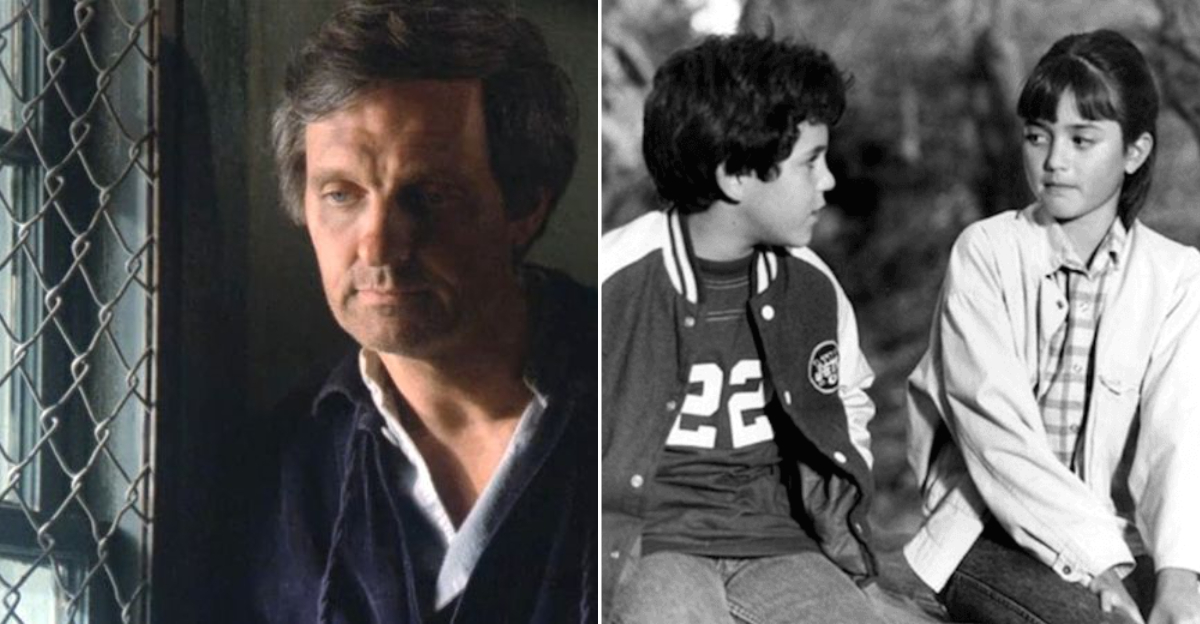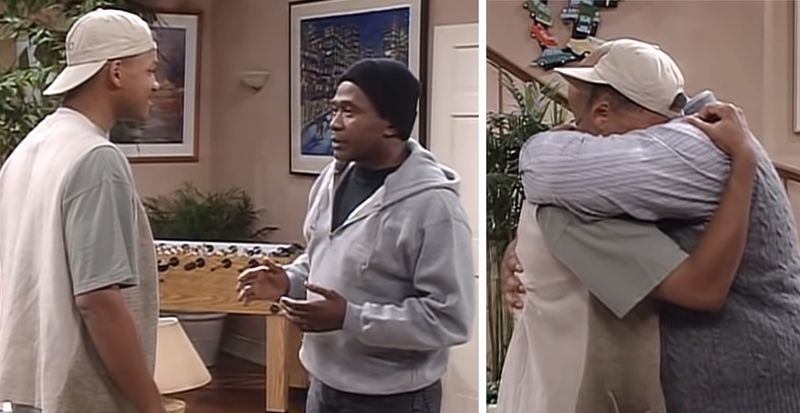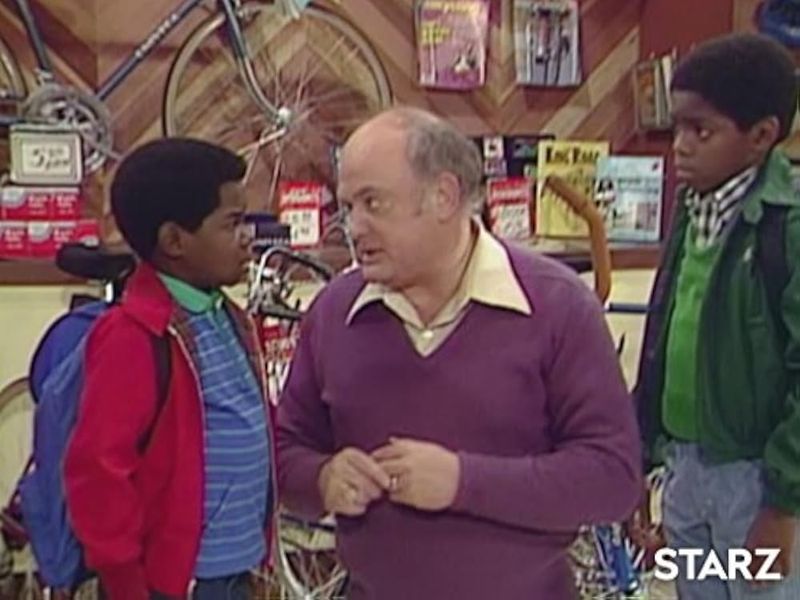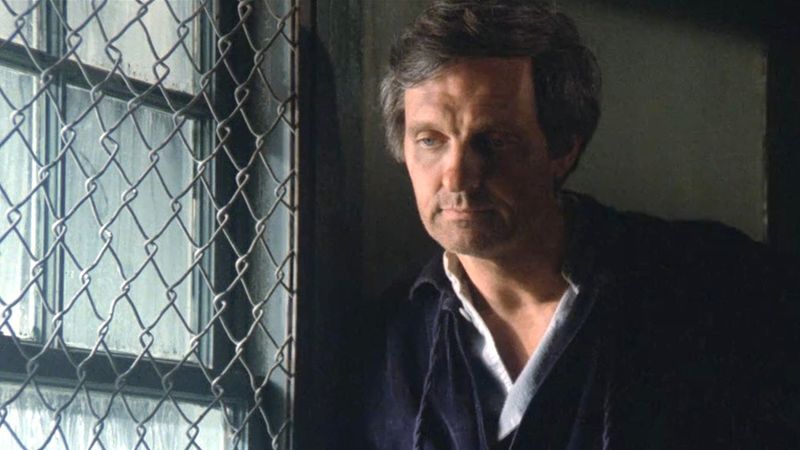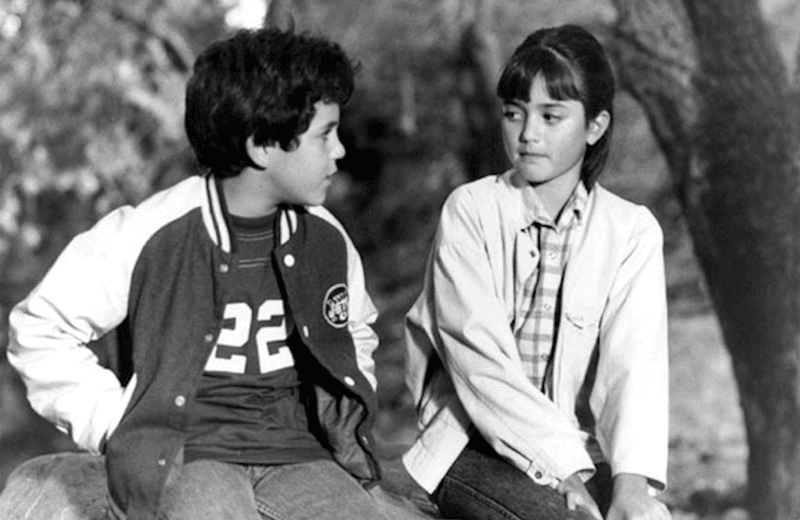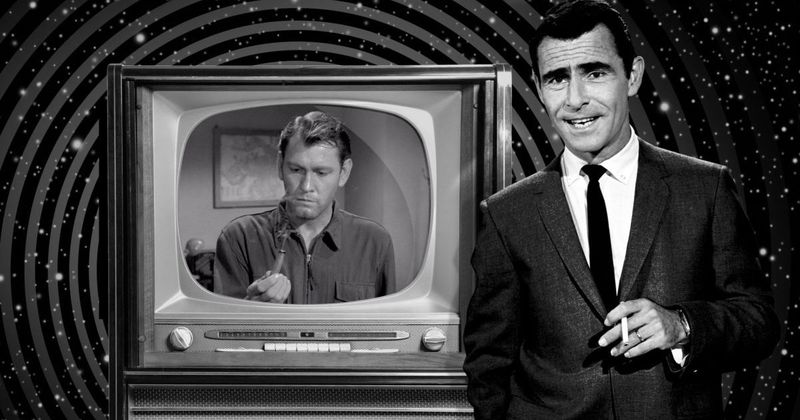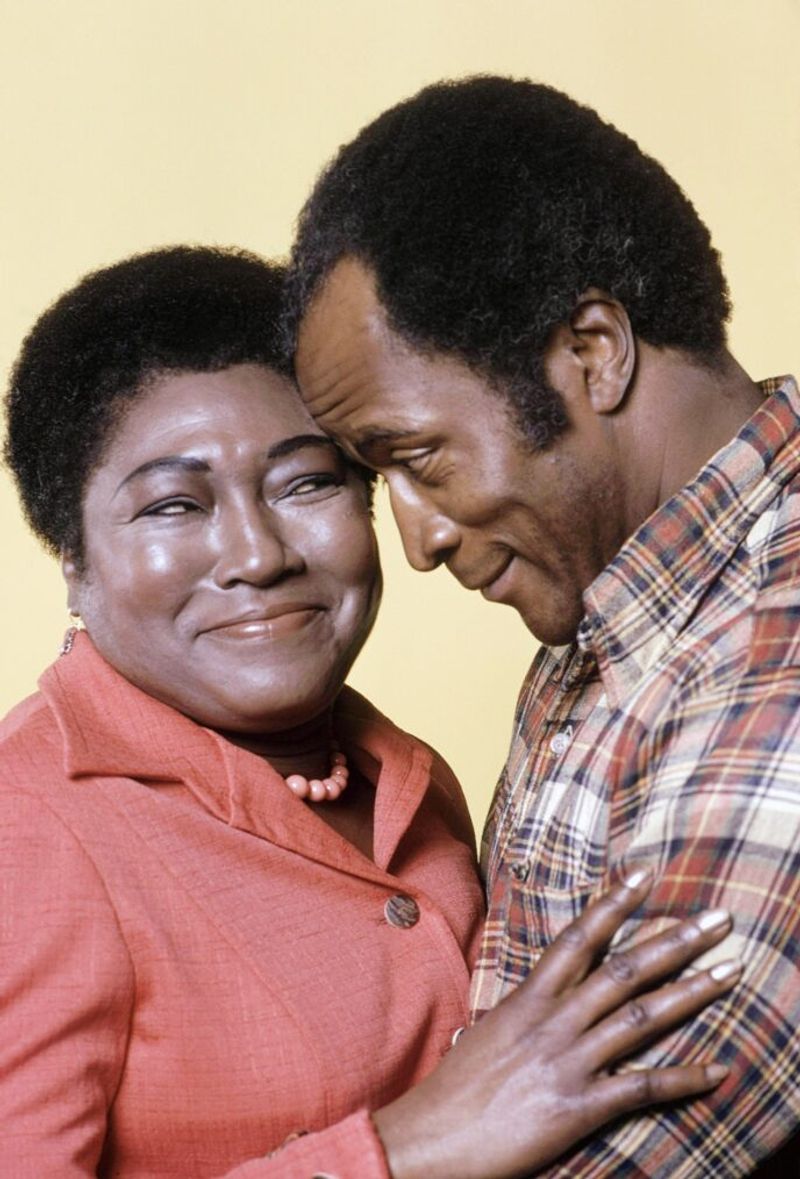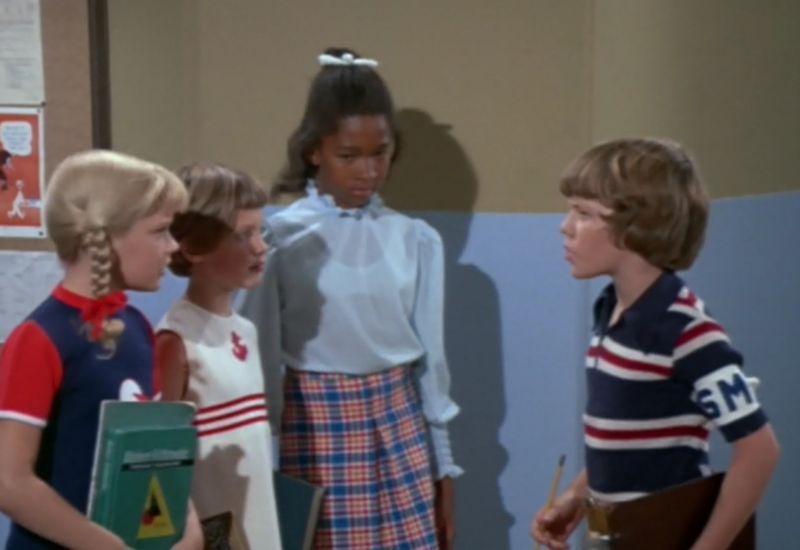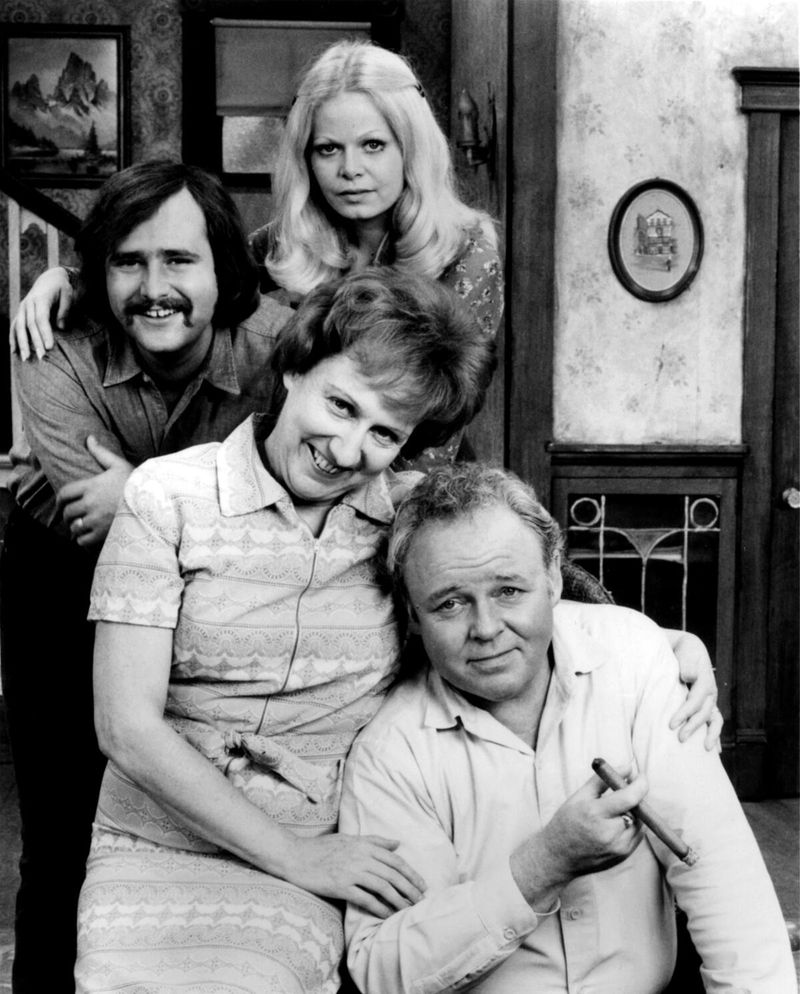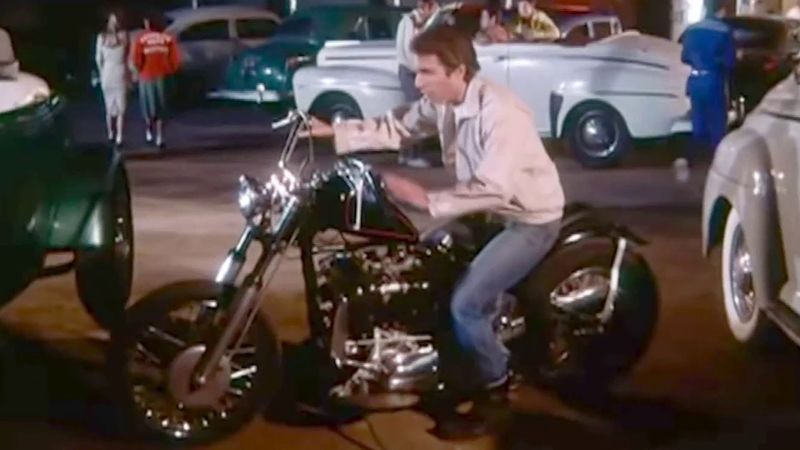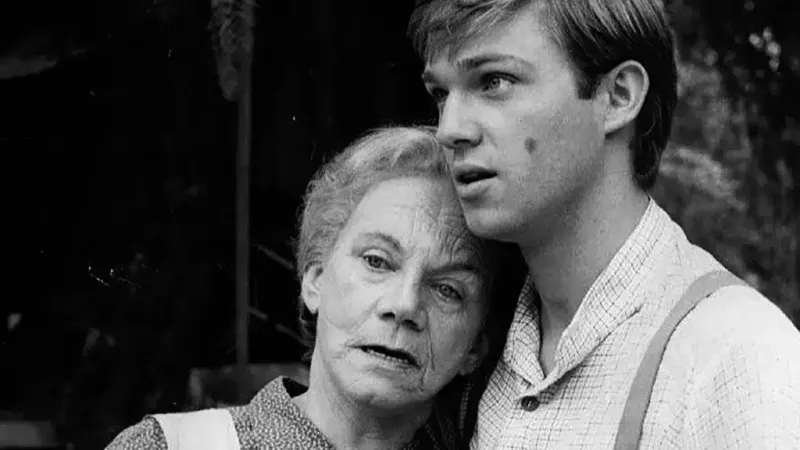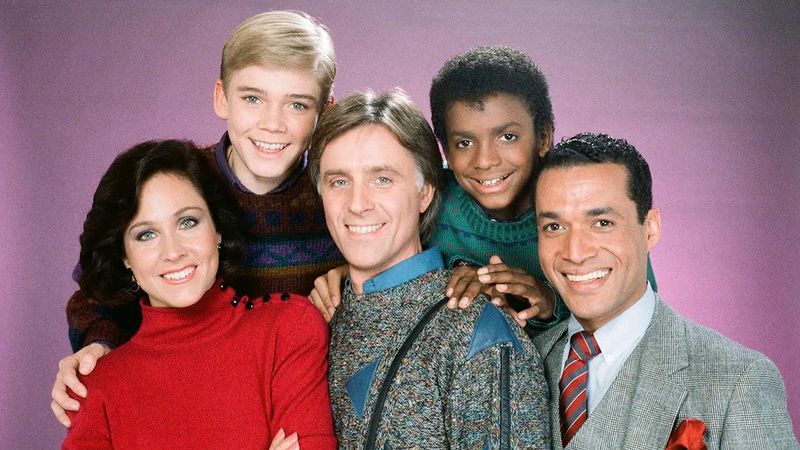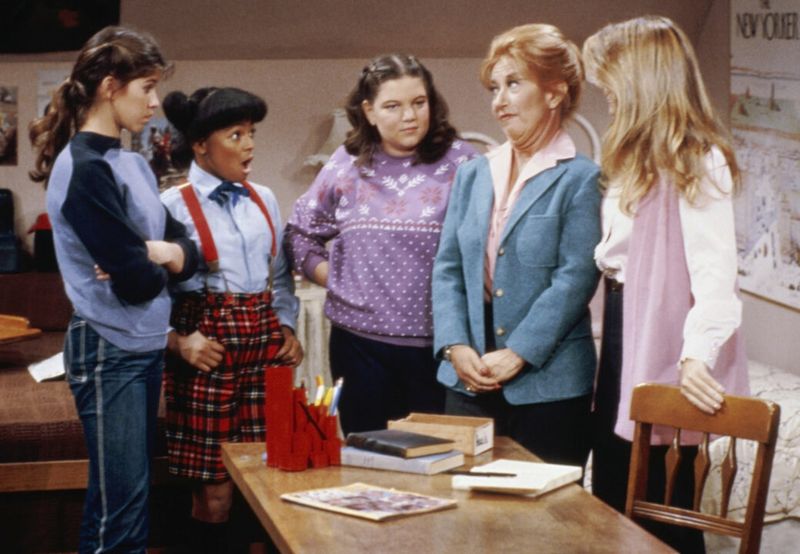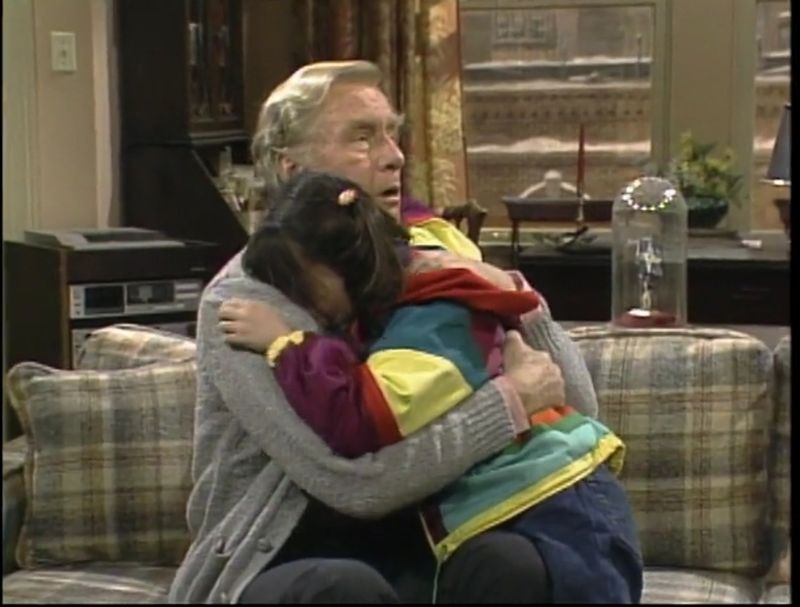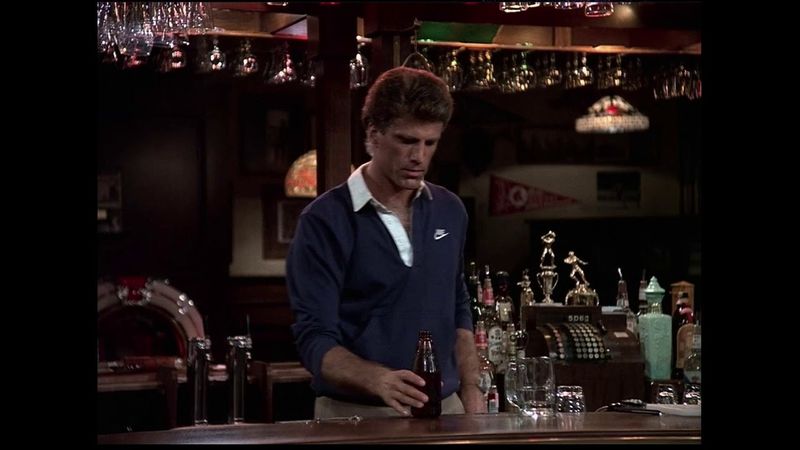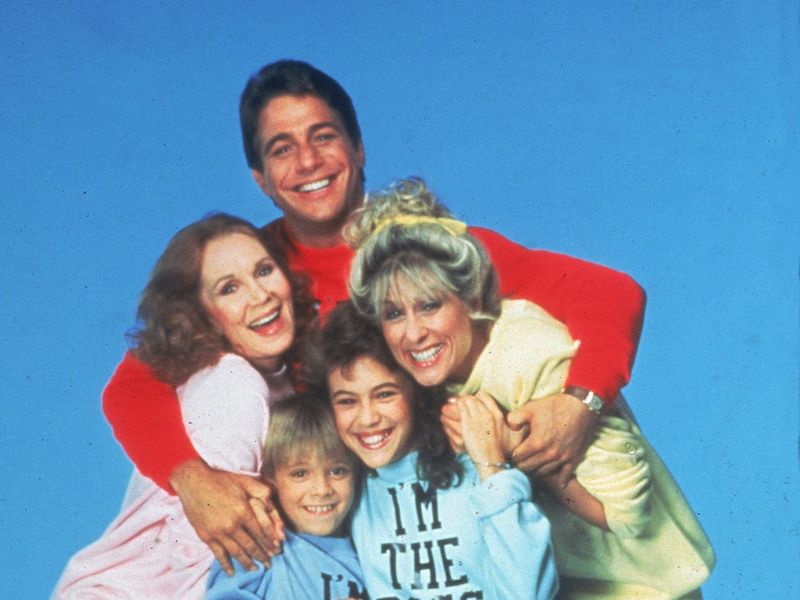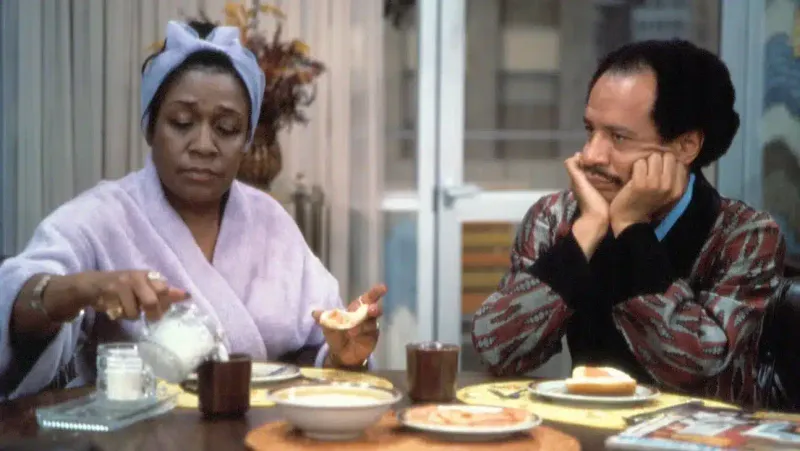You probably remember these classic TV shows for their catchy theme songs, lovable characters, and feel-good moments—but behind the laugh tracks and family hugs were storylines that tackled surprisingly grim and emotional territory. Whether it was hidden trauma, death, addiction, or social injustice, these iconic series weren’t always the lighthearted fare we recall from childhood. Here are 20 classic shows that got way darker than you remember.
1. The Fresh Prince of Bel-Air
In one memorable scene, Will Smith’s character faced a deeply traumatic moment when his absentee father returned, only to abandon him once more. The raw vulnerability in Will’s eyes as he cried out, “Why don’t he want me, man?” was pure emotional devastation. This scene revealed layers of emotional depth that transcended the typical sitcom fare. It was a poignant reminder of the pain of parental neglect.
2. Little House on the Prairie
Often perceived as a wholesome family drama, this show delved into surprisingly dark themes such as blindness, epidemics, and even child death. One particularly haunting episode involved the town being held hostage by a dangerous sociopath. The series depicted the harsh realities of pioneer life, balancing moments of sweetness with genuine peril and tragedy, reminding viewers of the struggles faced by early settlers.
3. Diff’rent Strokes
Diff’rent Strokes wasn’t afraid to tackle difficult topics, such as the controversial “bicycle shop” episode that dealt with child molestation. This storyline was groundbreaking for its time, bringing awareness to a deeply serious issue while still being part of a family sitcom. The episode’s boldness sparked important conversations about child safety and protection, making it an unforgettable part of television history.
4. MASH*
Set against the backdrop of the Korean War, MASH* was known for its dark comedic tone. However, the series finale presented a chilling revelation where Hawkeye recounts a woman smothering her baby to avoid enemy detection. This harrowing moment left a deep impression on viewers, underscoring the brutality and mental toll of war. The contrast between humor and such intense themes made MASH* a unique and profound show.
5. The Wonder Years
Though nostalgic, The Wonder Years didn’t shy away from the painful aspects of growing up. It tackled difficult subjects like bullying, broken homes, and the disillusionment of adolescence. The series offered an honest portrayal of the complexities of childhood, blending warmth with the stark truths of human experience, and teaching viewers about the bittersweet nature of growing up in a changing world.
6. Family Ties
Family Ties, while primarily comedic, ventured into serious territory with episodes like Tom Hanks portraying an alcoholic uncle. The show explored substance abuse, racism, and grief, providing moments of unexpected depth. These darker storylines were woven into the fabric of family life, reflecting real-world issues that resonated with audiences, making the show both entertaining and insightful.
7. The Twilight Zone
The Twilight Zone was a masterclass in psychological horror and existential storytelling. Each episode offered a twist that left viewers questioning reality and morality. Whether trapped in eternity or facing judgment after death, the stories delved into the darkest corners of human fear and paranoia. The anthology’s ability to combine suspense with thought-provoking themes made it a timeless classic.
8. Good Times
Set in a Chicago housing project, Good Times provided a realistic portrayal of racism, poverty, and gang violence. The sudden off-screen death of James Evans marked a major tonal shift, highlighting the struggles faced by the family. Through its humor and heart, the show shed light on the harsh realities of urban life, resonating deeply with audiences and providing a platform for social commentary.
9. The Brady Bunch
Known for its upbeat tone, The Brady Bunch occasionally confronted issues like bullying and peer pressure. Cindy’s experience of being bullied offered a glimpse into the challenges faced by children, despite the show’s usually cheerful atmosphere. These episodes highlighted the importance of kindness and understanding, reminding viewers that even idyllic families face real-world problems.
10. All in the Family
All in the Family pushed boundaries with its unflinching exploration of controversial topics. Archie Bunker’s bigotry was not just for laughs; the show delved into racism, sexual assault, and war trauma. These raw and realistic portrayals sparked national conversations, challenging audiences to confront uncomfortable truths about society and themselves, making it a groundbreaking piece of television history.
11. Happy Days
Though remembered for its cheerful nostalgia, Happy Days wasn’t without its somber moments. An episode where Fonzie’s friend dies in a motorcycle crash explored themes of loss and survivor’s guilt. These poignant storylines added emotional depth and reminded viewers that even the happiest of days can be touched by tragedy, offering a more complex view of life in the 1950s.
12. The Waltons
Set during the Great Depression and WWII, The Waltons offered a raw portrayal of hardship and resilience. The family confronted issues like unemployment and wartime loss, presenting a heartfelt yet challenging narrative. The series captured the spirit of an era marked by adversity, highlighting the strength and unity needed to endure difficult times, making it a poignant family drama.
13. Full House
Full House, typically lighthearted, took a serious turn in its finale when Michelle Tanner suffered amnesia after a horse-riding accident. This plot twist added an unexpected layer of drama, emphasizing the fragility of life and the importance of family support. The episode’s emotional impact lingered with fans, reminding them that even cherished memories can fade, but love and connection remain constant.
14. Silver Spoons
While often fun and carefree, Silver Spoons didn’t shy away from addressing serious issues, like child abuse and family dysfunction. The show used its platform to convey important messages about safety and respect, offering viewers both entertainment and education. These storylines provided depth and contrast to the otherwise lighthearted series, making it a memorable part of 80s television.
15. The Facts of Life
The Facts of Life began as a bubbly teen series but evolved into one that handled serious topics like assault and eating disorders. Natalie’s experience with assault was addressed with gravity and sensitivity, raising awareness and providing valuable lessons. The show’s willingness to tackle tough issues gave it a unique depth and highlighted the importance of empathy and resilience in the face of adversity.
16. Punky Brewster
Punky Brewster, known for its spunky lead, delivered one of the most haunting scenes in 80s TV when Punky and her classmates watched the Challenger disaster unfold. This episode brought the reality of national tragedy into the living rooms of America, leaving a profound impact on young viewers. It demonstrated the show’s ability to balance adventure with sobering real-world events.
17. Cheers
Cheers combined humor with poignant moments, particularly through Sam Malone’s battle with alcoholism. Behind the bar banter was a story of loneliness and the ongoing risk of relapse. These elements added a layer of depth and realism to the show, exploring the complexities of human relationships and the personal challenges faced by its characters, making Cheers a standout in TV history.
18. Growing Pains
Growing Pains, usually known for its light family drama, presented a raw and impactful storyline with Matthew Perry’s guest arc ending in tragedy. His character’s death due to drunk driving was a sobering moment that left a lasting impact on viewers. This rare departure from the show’s usual tone emphasized the consequences of risky behavior, adding depth and realism to the series.
19. Who’s the Boss?
Who’s the Boss? tackled issues of aging, career loss, and single parenthood, giving it emotional depth beyond its comedic surface. Mona’s struggles with aging and identity offered viewers a relatable and poignant exploration of life’s transitions. The show balanced humor with heartfelt storytelling, highlighting the complexities of balancing personal and professional life in a changing world.
20. The Jeffersons
The Jeffersons frequently addressed systemic racism and personal trauma, offering a candid look at the struggles faced by African Americans. George Jefferson’s confrontations with racism and his past experiences provided a powerful narrative that resonated with audiences. The show’s willingness to explore such themes made it a pioneering series in television history, blending humor with hard-hitting social commentary.
